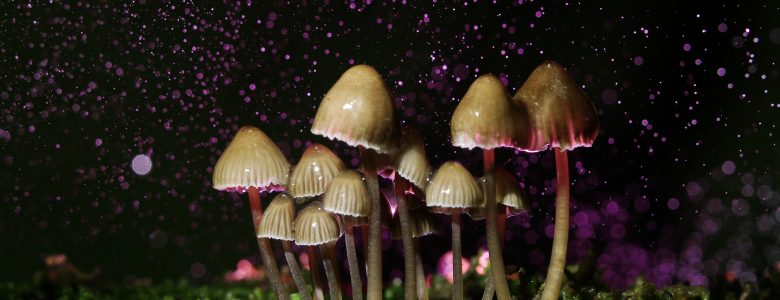January 6, 2021
5-HT2A: From Psychedelics to Psychiatry

“Serotonin” (5-HT) is more than just a buzzword tossed around by Gen Z and Millennials when something benign boosts their mood.
The beloved hormone has an array of functions throughout the body, with seven types of receptors nestled in your brain and peripheral organs. Each of these receptors has subtypes with labels A through D, as well.
But there’s one serotonin receptor that’s often shrouded in mystery and intrigue — the 5-HT2A receptor. This is the serotonin receptor infamous for its role in the psychedelic experience.
But there’s hardly any discussion of its functions beyond its role in tripping your face off and how that’s tied to your mental health.




